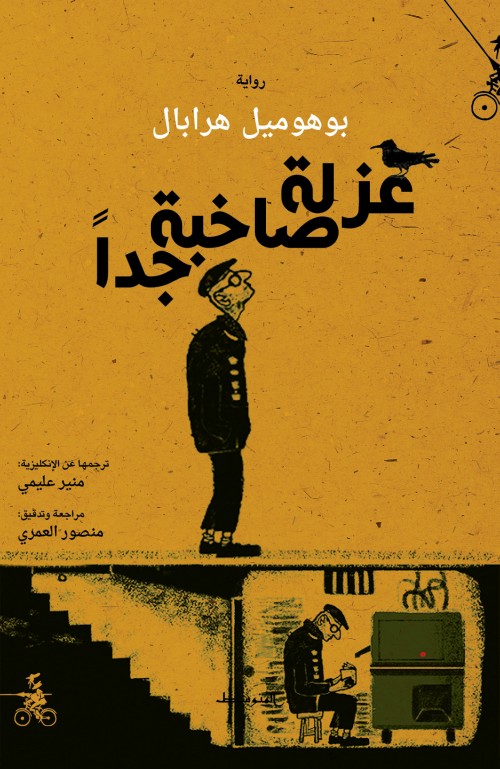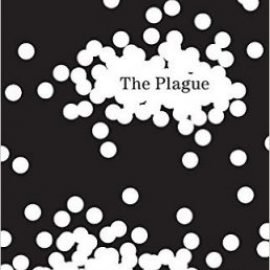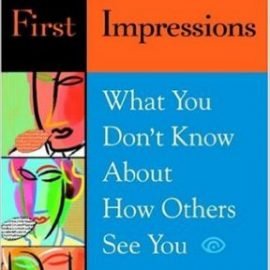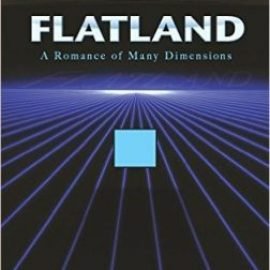Description
Too Loud a Solitude
TOO LOUD A SOLITUDE By Bohumil Hrabal. Translated by Michael Henry Heim. 98 pp. San Diego: Harcourt Brace Jovanovich. $16.95.
THE reader making a first approach to Bohumil Hrabal’s “Too Loud a Solitude” has every reason to be looking for the scarlet “a” of allegory. After all, Mr. Hrabal is a Czechoslovak, the book was first published 14 years ago, when no one could have foreseen the 1989 revolution, and the premise is that this is the account of a man who makes his wages crushing printed matter into bales for recycling. We expect Man versus State, letterpress versus hydraulic, and so on.
The novel turns out to be almost nothing of the sort. And indeed, anyone familiar with the dark and obliquely humorous imagination of Mr. Hrabal, the author of “Closely Watched Trains” and “I Served the King of England,” will know that he could no more bear the predictability of such a formula than he could stomach the inane conformism demanded by a socialist bureaucracy. “Too Loud a Solitude” is an irresistibly eccentric romp, quick with the heart’s life and about as schematic as a drunken night on the town.
Mr. Hrabal’s narrator, Hanta, may appear to be one of Turgenev’s “superfluous” men, but in his thoughts and passions he is a giant. He is a conflagration on legs, so full of rancor and love that the page can scarcely hold him. Nor does Mr. Hrabal give him much of a plot to inhabit. The voice is all, and so long as we listen we are inside a world unlike anything we could conjure for ourselves.
Hanta is a career man, a flunky who for 35 years has worked a big compressing machine in a basement thick with flies and alive with the skittering of rodent populations. He drinks copious quantities of beer, in part so that he can bear his load, but also to lubricate his visionary faculties. For Hanta is a thinker, a tragic seer, a brother to the tippling Chinese mystics of old. He cannot shift a buttock without engaging some new notion or discovering some cosmological resonance. He is forever reading — stealing moments on the job and carting home pilfered volumes. His private joke with the universe is that he sanctifies every bale he makes either by plastering the outside with some artistic reproduction or by concealing in its innards an open volume of Kant, Erasmus or another of his favorites.
And what does he think? How does he think? Here is Hanta on the devastation of great libraries:
“I had begun to understand the beauty of destruction, and I loaded more and more freight cars, and more and more trains left the station heading west at one crown per kilogram, and as I stood there staring after the red lantern hanging from the last car, as I stood there leaning on a lamppost like Leonardo da Vinci, who stood leaning on a column and looking on while French soldiers used his statue for target practice, shooting away horse and rider bit by bit, I thought how Leonardo, like me, standing and witnessing such horrors with complete composure, had realized even then that neither the heavens are humane nor is any man with a head on his shoulders.”
And here he ponders Jesus and Lao-tze, who appear before him in his basement:
“I saw Jesus as a playboy and Lao-tze as an old gland-abandoned bachelor; I saw Jesus raising an imperious arm to damn his enemies and Lao-tze lowering his arms like broken wings; I saw Jesus as a romantic, Lao-tze as a classicist, Jesus as the flow, Lao-tze as the ebb . . . Jesus as progressus ad futurum, Lao-tze as regressus ad originem.”
Michael Henry Heim’s translation seems expert, but what is true of most translated works is doubly true with Bohumil Hrabal: you really have to be there, inside the world of the book, to get the full effect.
Late in the novel Hanta pays a visit to a new compacting plant and sees an enormous apparatus staffed by teams of bronzed young workers. He watches whole printings of books pass straight from press to pulper with no one even batting an eye: “No, they just went on working, pulling covers off books and tossing the bristling, horrified pages on the conveyor belt with the utmost calm and indifference.”
To Hanta, a man of the old dispensation, this is the coup de grace, the end of life as he cares to struggle with it. Soon after, he will act upon this recognition.
The close of this short novel does carry a certain allegorical burden. But the equivalences are so immediate and so relevant — not just for Czechoslovaks, but for all of us — that we make them without exertion. This is what life will look like when the circuit breakers of the printed word no longer impede the larger, necessarily more impersonal circulation of social energy. Mr. Hrabal’s is a cry of expiring humanism, and “Too Loud a Solitude” is a book to salvage from the deadly indifference that is more effective in killing the letter than the most sophisticated compacting machine.
 العربية
العربية  English
English 




